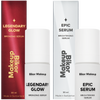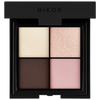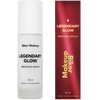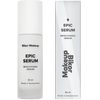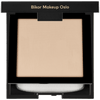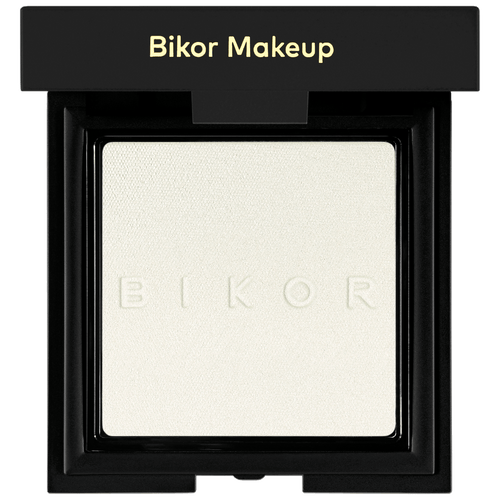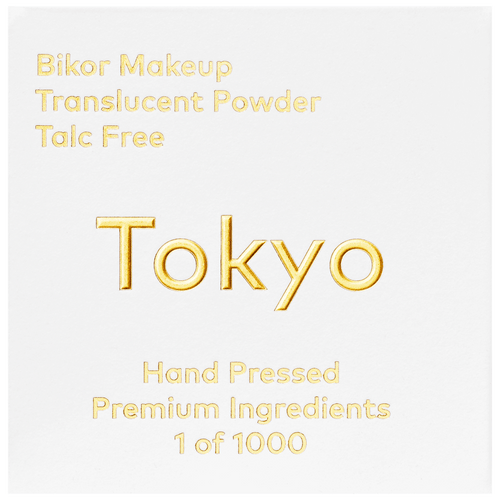Is talc in cosmetics safe?
General awareness and knowledge about cosmetic products has undoubtedly increased recently. It is very easy to check individual ingredients of cosmetics and find out if they are safe, do not contain suspicious substances or if your favorite cream is not tested on animals. And that is very good! However, there are some cosmetic ingredients around which a lot of controversy has arisen, and there are many misconceptions about them. One of them is talc, which is still spoken of with considerable reserve in the context of cosmetics, but is it right? Read our article!
What is talc?
Talc is a natural mineral from the silicate group and occurs mainly in rocks. It is a unique mineral that stands out from others because it is extremely soft, easily crushed and rubbed. The consistency of talc is soapy and slippery 1 .
What effect does cosmetic talc have?
Talc, as magnesium silicate, has long been a well-known ingredient in cosmetics. It has gained wide recognition in this field due to a number of properties that work well with the skin and have a positive effect on the product formula. Talc in cosmetics perfectly absorbs moisture (including sebum), gives cosmetics a velvety and light consistency, which significantly increases the comfort of use and enhances sensory values. It provides slip and reduces the risk of irritation. So if you have a product with an exceptionally light and silky formula in your cosmetic bag, it probably contains talc.
Is talc a safe ingredient in cosmetics?
Cosmetic talc is considered controversial mainly because for many years its purity and safety were questioned. It was attributed with carcinogenic effects and was associated with asbestos, which according to the latest research is a misconception 1 . Its bad reputation is still largely fueled by the media, despite the fact that after many years of research, the scientific panel of independent experts CIR (Cosmetic Ingredients Review) has deemed talc used in cosmetics to be safe 1 . Cosmetic talc is a thoroughly tested component that must meet certain standards and be free of contaminants in order to be used in cosmetics. In this context, it is worth relying on high-quality products, the creation of which uses the latest technologies.
Talc is an essential ingredient of many Bikor cosmetics, thoroughly tested in the Italian laboratory where our products are created. Specialized technologists and technologists take care of the purity and the highest quality of ingredients and final products. Talc is not recommended for use only on skin without a protective barrier, e.g. as a result of burns or other damage 1 . For such skin, we recommend Tokyo transparent powder , Biologico Egyptian Earth and Ultra Egyptian Earth , which contains only the necessary ingredients and perfectly cares for the skin thanks to the content of additional ingredients such as squalane, hyaluronic acid, ceramides or jojoba oil (these are also ingredients that will strengthen the skin's protective barrier).
Does talc clog pores?
Whether talc is comedogenic is also a subject of debate and it is difficult to answer this question unequivocally, because each skin is different and reacts differently. Talc itself, which has sebum-absorbing properties, can block pores, especially when used in excessive amounts. High-quality talc and as one of many ingredients of the product is so light and breathable that the risk of clogging pores is low, which is why you can also find it in products such as non-comedogenic powder. Bikor products are a counterbalance to heavy, absolutely covering foundations. The cosmetic compositions are ultra-light and allow the skin to breathe, which is why you can easily find them in the offer non-comedogenic and talc-free powder as well as products containing it, but still delicate and breathable, full of natural, caring ingredients of the highest quality.
If you have any doubts as to whether Bikor products containing talc clog pores, check out our customer reviews!
